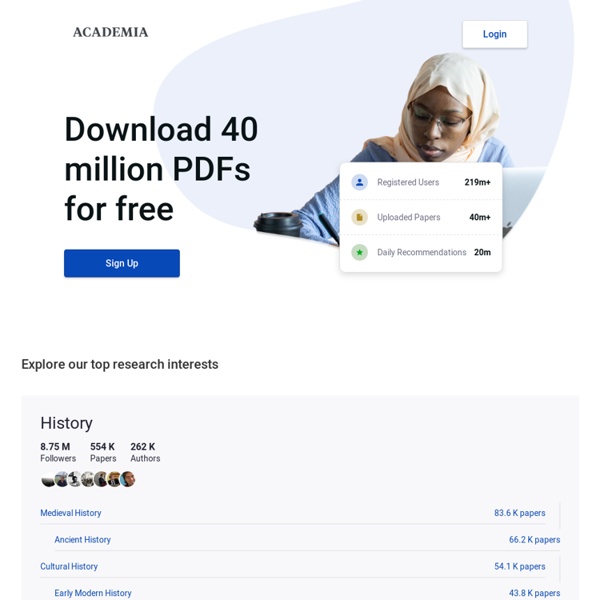



The Educator's Reference Desk: Resource Guides advanced search Welcome to the Educator's Reference Desk The Educator's Reference Desk builds on over a quarter century of experience providing high-quality resources and services to the education community. From the Information Institute of Syracuse, the people who created AskERIC, the Gateway to Educational Materials, and the Virtual Reference Desk, the Educator's Reference Desk brings you the resources you have come to depend on. 2,000+ lesson plans, 3,000+ links to online education information, and 200+ question archive responses. Counseling Peer Education Programs , Therapy , more... Educational Levels K-12 Education , Higher Education , more... Educational Management School Safety , Educational Facilities , more... Educational Technology Internet , Distance Education , more... Evaluation Alternative Assessment , Standards , more... Family Life Home Schooling , Child Care , more... General Education Motivation , Learning Theories , more... Reference Employment , Directories , more...
Decision Making - Home The topic of decision-making discusses how decisions are made within organizations, and by whom. In Teal organizations, decision-making authority is truly distributed throughout the organization. A new perspective In Teal organizations decision-making is highly distributed. In practice The advice process Almost all Teal organizations use, in one form or another, what an early practitioner (AES) called the “advice process.” It comes in many forms, but the essence is consistent: any person can make any decision after seeking advice from 1) everyone who will be meaningfully affected, and 2) people with expertise in the matter. Advice received must be taken into consideration. Advice is simply advice. In practice, this process proves remarkably effective. It's not consensus It is a misunderstanding that self-management decisions are made by getting everyone to agree, or even involving everyone in the decision. Ownership of the issue stays clearly with one person: the decision maker. Role modeling